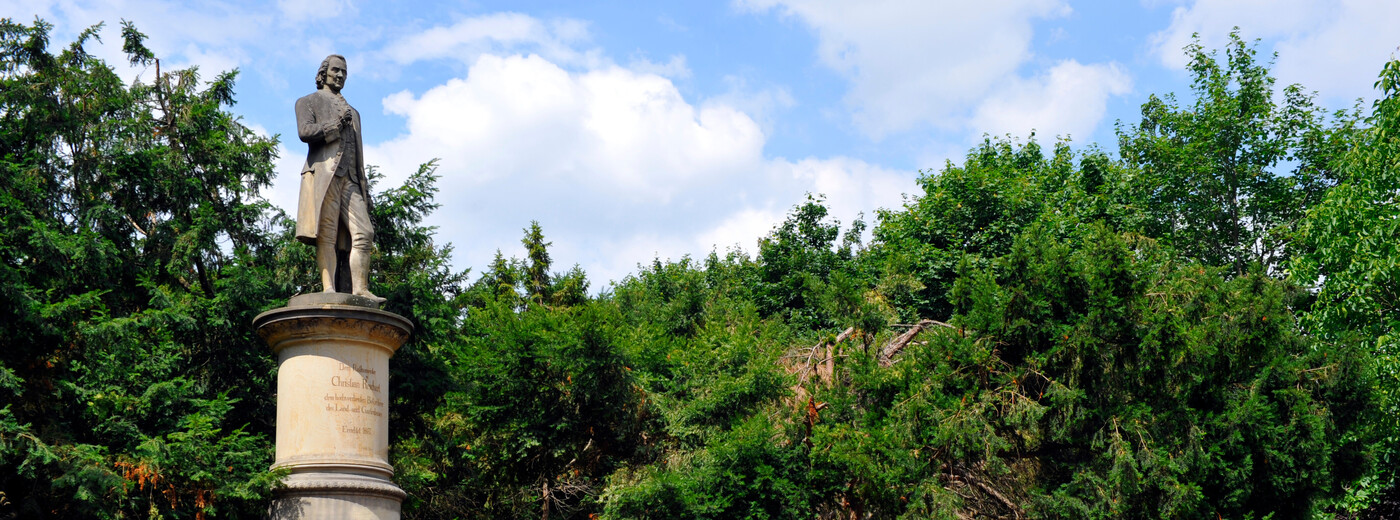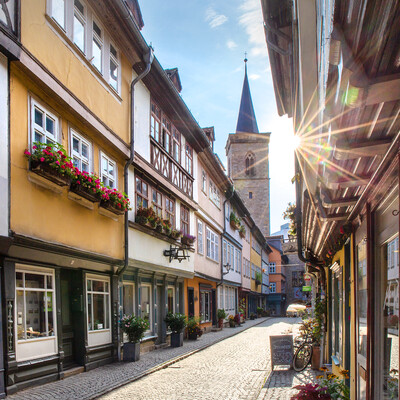
Henry van de Velde
Henry van de Velde
His time in Thuringia from 1902 to 1917 was the most significant epoch in his long career. With his Kunstgewerbliches Seminar [seminar on commercial arts and crafts] van de Velde was able to combine art, industry and handicraft in theory and practice for the first time from 1902 onwards. He thereby contributed significantly to the intellectual and practical fundamentals of Bauhaus architecture. Henry van de Velde also planned a new museum architecture with spectacular design in Erfurt, which however could not be started due to the outbreak of the First World War. He died on 25.10.1957 in Zurich.








